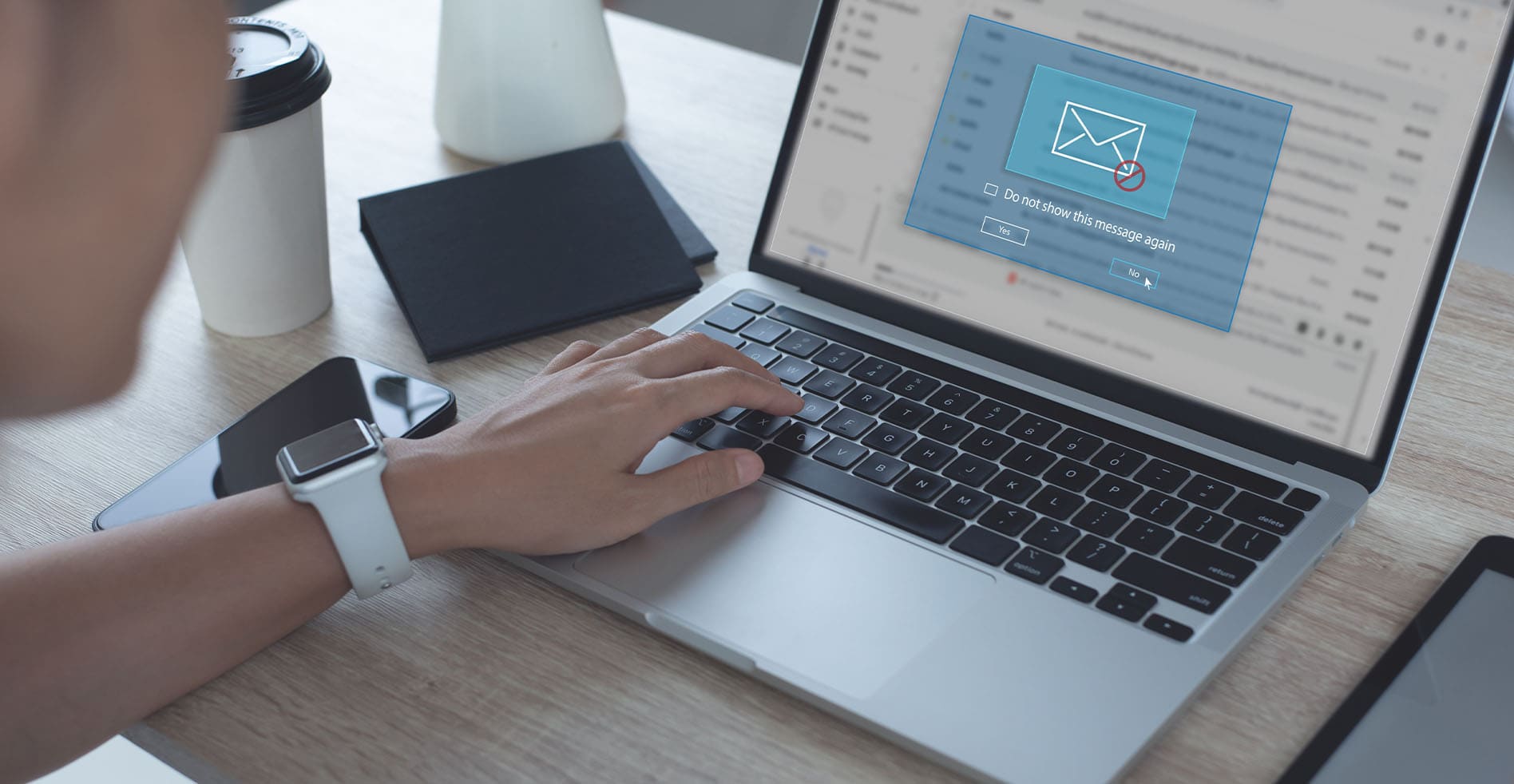How to Choose the Best Antivirus Software
Simplify your search for an antivirus software with this guide.
read morePublished on: November 1st, 2023

Cybersecurity threats can reach all corners of the digital space. Unfortunately, there’s one realm in particular that’s both a critical communication lifeline and a vulnerable gateway for potential breaches – your email. Given how important email is within the workspace, it’s essential to ensure it’s protected.
Whether you’re a seasoned professional or new to the workforce, keep reading to learn about the top email security tips for employees so you can do your part in protecting your organization.
Like all tech security, email security continually evolves as cyber threats do. While you should always stay up-to-date on the latest developments, you can use these seven best practices as the foundation of your efforts.
The best passwords are made up of unique numbers, letters, and symbols and are different for each account. It may be tempting to use common words, phrases, and personal information like your birthday, but those are easy for hackers to decipher. If you’re worried about forgetting complicated passwords, use a password manager. They can help you create new passwords and securely save your old ones.

Traditional passwords can be supplemented with an additional layer of security by using two-factor or multi-factor authentication. When you have MFA enabled, you’ll be required to provide a second form of verification after you input your password. This means that even if a hacker were to guess your password, they still wouldn’t be able to gain access to your account. Common forms of MFA include one-time codes, authentication apps, and biometric verification.
Phishing emails are designed by cyber criminals to trick recipients into clicking on malicious links. There are many different types of phishing to look out for, including whaling, cloning, pharming, and spear phishing.
Be cautious if you receive an email from an unknown address, especially if it prompts you to provide sensitive information or take some type of urgent action. You should still be careful even if an email looks legit or you think you recognize the address. Cybercriminals are known for creating fake email addresses and content that looks professional and sophisticated.
Maintaining separate email accounts for your work life and personal life not only prevents inadvertent data mingling but also limits the exposure a hacker would have if they broke into your account.
Cybercriminals use email attachments as vessels to carry viruses onto your computer. If you receive an email from a new sender, try to find a way to directly verify the address. You should also never open attachments from unidentified senders. For an extra layer of security, consider using antivirus software to scan attachments before you open them.
It’s nearly impossible to keep up with newly evolved cyber threats yourself. Luckily, you can stay informed through cyber security awareness training. Attending regular sessions will keep you up-to-date on the red flags you should watch out for and on ways to avoid them.
While the practices outlined above are a great foundation, it’s important to build defenses that go beyond your own efforts. One way you can do so is by downloading advanced email protection tools and automated software that can detect phishing and spoofing attempts. DomainKeys Identified Mail (DKIM) and Sender Policy Framework (SPF) are popular tools.
You can also strengthen your defenses by partnering with an IT company. What better way to protect your business than with help from professionals? Computer Troubleshooters has a team trained in data and network security, ready to build a security plan for your business. Contact us today to learn more!
Simplify your search for an antivirus software with this guide.
read moreHave you received this notorious Windows error screen? Here’s how to fix it.
read more© 2025 Computer Troubleshooters.